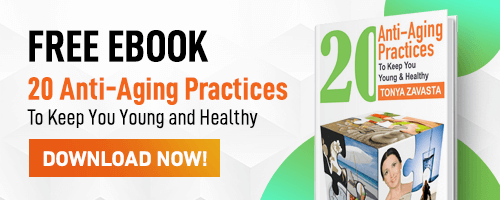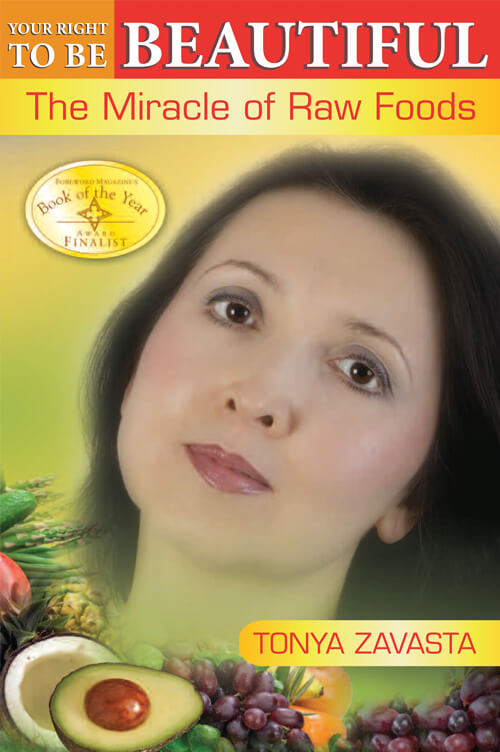Osteoporosis Prevention

What is Osteoporosis?
Osteoporosis is generally defined as the loss of bone mineral density, which causes the bones to become weak, porous and brittle, increasing the risk of fracture. Women seem to be more likely than men to experience this, partly due to the fact that estrogen helps to protect bones, and after menopause, that factor is not as prevalent.
Consuming adequate calcium and minerals is essential in preventing osteoporosis, provided that the body is able to properly absorb and utilize them. Adequate sunshine is also necessary, as it supplies the body with a source of Vitamin D (hormone), which is essential for proper mineral absorption.
Osteoporosis Causes
We're all familiar with the advertising slogan "Milk: It does a body good." But does it really? The popular belief is that it is loaded with calcium, which helps prevent osteoporosis.
In the long run, dairy products (along with other unhealthy foods and lifestyle factors) end up contributing to the very thing that they claim to prevent. You can read more about the effects of dairy products in "Your Right to Be Beautiful."
Exercise keeps the bones strong, as well. The main culprit, however, in causing loss of bone mineral density, is an improper ph balance in the blood. This pH balance is not referring to stomach acid, but the bloodstream and tissues of the body itself. Our bodies must keep the acid/alkaline balance perfectly at all times.
A pH measurement of 6.5-7.5 is ideal, yet an improper diet can quickly and easily make our body too acidic, resulting in a lower pH. When the body becomes too acidic, it will draw calcium and other minerals into the bloodstream to buffer the acidity and bring the body into a more alkaline state. It will take this calcium from teeth and bones or wherever it can find it. If the body runs out of calcium to use, it will produce ammonia, which is extremely dangerous.
Dairy products are acid forming in the body, as are sugar, caffeine, excess protein, medications and carbonated beverages. Calcium in dairy products is not a good source of calcium for our body. The excess protein is another cause of overacidity, which the body must neutralize. We are much better meeting our calcium needs from greens, fruits, soaked seeds and nuts.
Foods for Osteoporosis Prevention
Plant sources of calcium are green leafy vegetables, almonds, asparagus, broccoli, cabbage, oats, beans, parsley, sesame seeds and figs. Per 100 grams, sesame seeds have almost 10 times more calcium than milk.
Even though vegetables and fruits, such as peppers, oranges and bananas, do not top milk in calcium content, the presence of potassium assures better calcium absorption. This is especially true for greens. Because of the lower protein and higher potassium content, the body absorbs more calcium from kale, broccoli and collard greens than from milk. Plus, green vegetables create a more alkaline environment, resulting in less calcium loss in the urine.
As they say "An ounce of prevention is worth a pound of cure." Nothing beats an alkalizing, mineral rich raw food diet along with exercise and adequate sunshine for proper pH and healthy bones.

